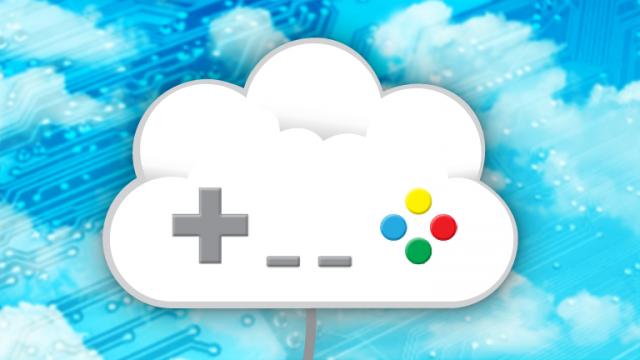
It’s not new to anyone that there has been major discussions on the current status of console gaming and whether not if we’ll see another generation of consoles, or at least another generation of consoles as we know them. Right now we have the PlayStation 4/Xbox One and yes even the Wii U (it’s still a next-generation system regardless on how Nintendo operates), and honestly I can’t say that I’ve impressed with any of these systems.
So far this generation brings us sub-par resolutions on most games and even less games that utilize 60 frames per second, all of which were promises that we’d see on these so-called next-generation consoles. Why we’re seeing this is anyone’s guess; perhaps it is cross generation games that aren’t allowing developers to tap into the current potential of our new toys, under-powered hardware and even inexperience with the new systems are all major conversation pieces in this discussion; however, regardless of what’s to blame it doesn’t change the fact that these new systems aren’t all cracked to what they were made to be.
So what can we do about this?
Perhaps the future of consoles is in the cloud?
Ah the cloud! Just the mention of the word sends a spark of confusion and even fear in the hearts of many gamers, especially those who are afraid of change. However myself like others believe that the future of console gaming lies in the cloud.
Sure there have been many bumps in the road for cloud gaming but it has still proven that it can be successful and while it still has a way to go we can definitely see that companies are willing to make the jump. The question however is how can companies convenience us that the future does indeed lie in the cloud. Who has the balls to fire the first silo?
Now before you say “but Keith, there are already several companies already involved in the cloud” let me stop and agree with you. However, none of those companies are focusing on the console market.
Sony’s PSVita TV / PlayStation TV or enter the Gaikai.
Gaikai or the company formerly known as Gaikai was founded back in 2008 and was one of two companies, OnLive being the other, that was directly focusing on moving gaming into the cloud. Fast forward to 2012 where Sony approached the company and agreed to acquire them. And just like that Gaikai disappeared into the night…. or did it?
A year later Sony revealed their micro-console, PSVita TV, which allowed gamers to play PlayStation 1, PSP, PSVita games as well as letting you stream media from the PlayStation Store without the need for next-generation system via a subscription service. Oh and as an added bonus it can play your PlayStation 4 games if you already have the system via remote play. And now that same unit is making it’s way over to North America on October 14th as the PlayStation TV.
But the beauty of it all is that this is just a piece of hardware that relies on the PlayStation Now service to stream its content to whoever subscribes to it. A device that costs less than even a PSVita but at the same time offers more in terms of usage. Sure there are still kinks in the armor and yes Sony has been changing it’s game plan over and over but the proof is in the writing and the future is upon us.
And sure while the system may fail it goes to show that cloud gaming via a console can work.
How cloud gaming can benefit us?
In a way cloud gaming could be that defining moment where there wouldn’t be a reason for multiple of hardware from companies such as Sony, Microsoft or even Nintendo. It could introduce a unified device while have the same specifications across the board while letting companies to offer their own brand of content that would be streaming to that device.
It may seem silly, I’m sure. However think about it for a moment. Companies wouldn’t have to lose money on hardware costs unless they offered a specialized system or accessories and they could focus all their development on software. Subscription services would be the key there and then new unified hardware could be rolled out on a yearly basis if needed.
That said even if someone would to think about this there is bound to be opposition from varies other companies but if you think about it for a moment, doesn’t it make sense?
This is what I’d propose for the future of console gaming, what’s yours?



